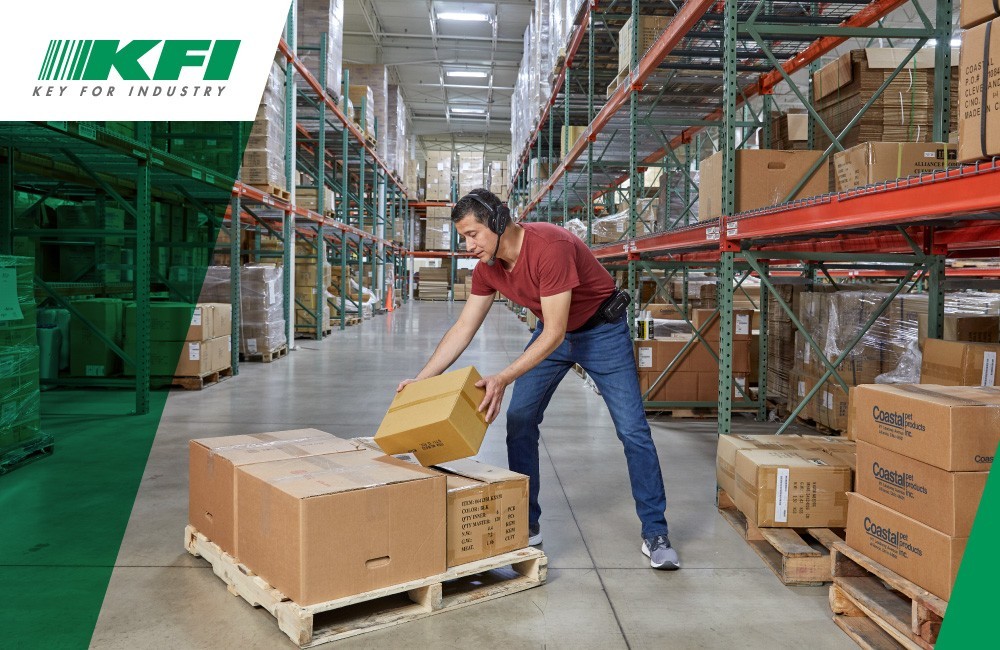
Voice Technology: systems that improve the supply chain
For over 20 years, voice technology has brought great improvements to logistical processes, allowing the optimization of man-machine transactions while goods handling and order preparation activities. The solution has always been appreciated because it is able to increase productivity and decrease the number of errors by guiding operators step by step.
Today voice picking in logistics is a consolidated and widely spread approach, as it is currently supported even by the most used mobile devices. Twenty years ago, these devices were not equipped with characteristics suitable for supporting voice recognition, reason why the first voice terminals were designed and commercialized. Hence the term “hardware-dependent” that defined the old voice systems.
With the spread of new mobile hardware and software platforms, like Android® systems for example, the newest forms of Voice systems provide a further improvement in logistical processes – enriching them with new features – and allow their integration in new areas of application.
Modern Voice Technology: common hardware and recognition devices based on neural networks
If on one hand the modern hardware has expanded the use of vocal assistants to a vast array of devices (hand held terminals, tablets, smartphones, smart watches, etc.), even its greater calculatory power has allowed the introduction of modern voice recognition softwares. These softwares, based on Artificial Intelligence algorithms (neural networks), allow a much faster and accurate use from users, whatever accent or dialect inflection they may have. In addition, another advantage is its outstanding skill of filtering background noises.
In the past, a reliable voice recognition software needed its system to be trained in order to interpret correctly the words enunciated by each individual (speaker-dependent). The process could take from 15 to over 60 minutes – based on the vocabulary used – for the system to reach the recognition performances needed to perform work with the necessary efficiencies in the aisles of the warehouse.
This obsolete approach, still used in numerous plants, forces the periodic reiteration of the system’s training, since with time, every operator’s tone of voice varies and the hardware devices wear and age (connectors, microphones, ect.), degrading its recognition abilities, decreasing its productivity. Furthermore, in companies characterized by a high turnover rate, where it is necessary to integrate new personnel, the system’s training with each operator can represent a demanding cost.
A more flexible and reliable picking with modern voice systems
An increase in performance and therefore greater benefits. First of all, a greater flexibility with adopting devices – today the market holds over 1,300 different brands based on the Android® platform – but also systems able to understand immediately whichever user with his related accent or dialect. Besides, the new systems keep their performances intact over time.
Voice technology beyond picking
New hardware, new software platforms and recognition applications based on neural networks. The recent innovation of vocal technologies opens up countless new possibilities for implementation and will allow companies the access to a new level of process improvement throughout all of the Supply Chain. We refer in particular to the activity of verification and inspection in the industrial manufacturing sector or to the in-store activities. In fact, with the growth of the e-commerce market, it has become increasingly more necessary to conjugate traditional processes with the omnichannel approach of the retail world, where the order preparation for the consumer in a point of sale or in a dark-store is in great expansion.





